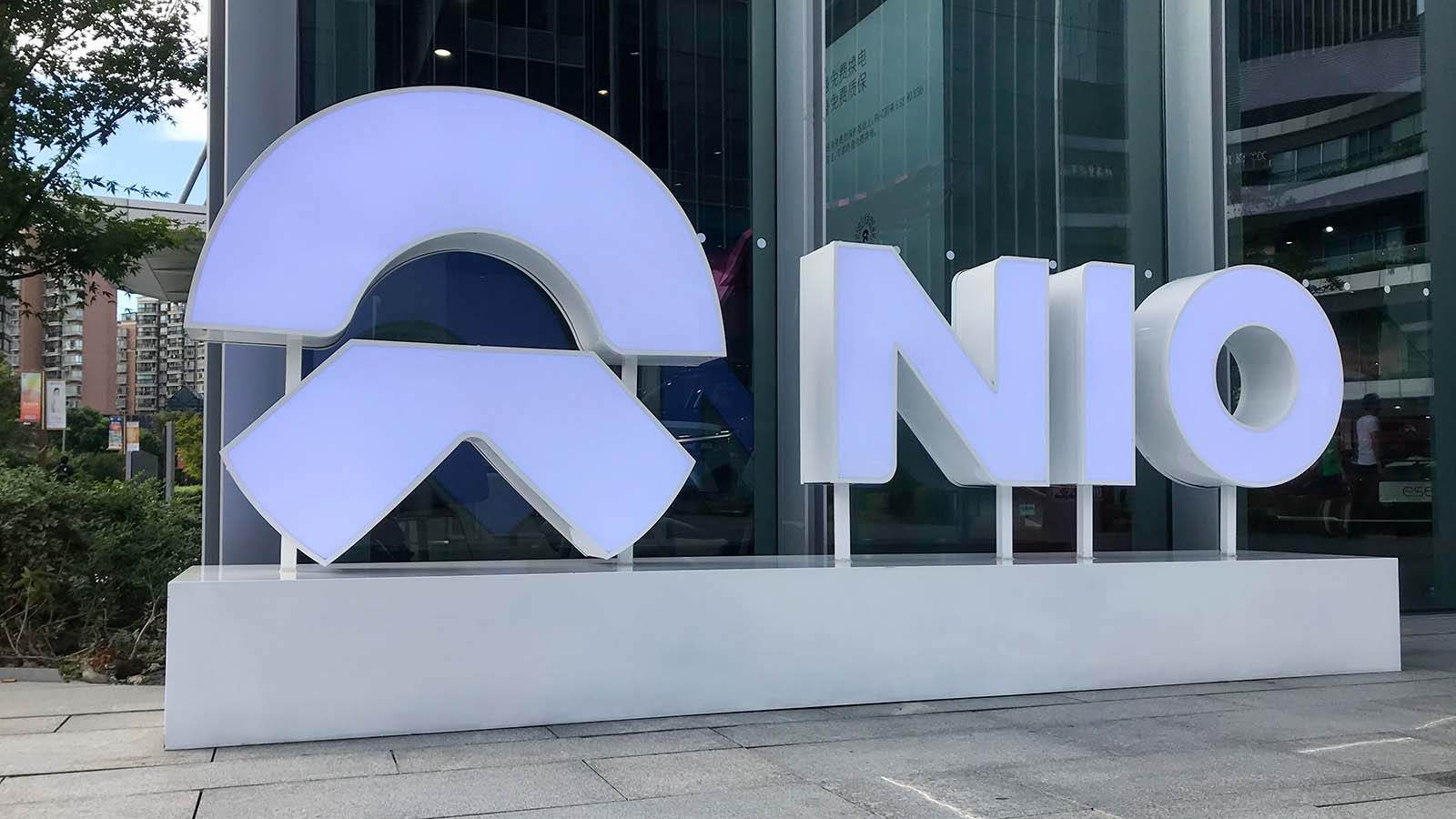Nio (NYSE:NIO), one of the first Chinese electric vehicle (EV) makers to go public, is helping inflate the EV bubble. Right now, NIO stock trades around $45 with a market capitalization of $71 billion.

This is a company that should do over $2 billion in business this year. But while it could double that next year, it has yet to turn a profit.
Now, compare that to General Motors (NYSE:GM). The legacy automaker has doubled its share price from its pandemic lows and is currently worth $59 billion. GM should do $120 billion in business this year, but should rebound in 2021 and make a profit. Yet, it’s valued $11 billion less than a money-losing company that’s making only $2 billion in revenue.
Nio is also followed closely by two other Chinese EV makers — XPeng (NASDAQ:XPEV), worth $29.3 billion and Li Auto (NASDAQ:LI), worth $25.7 billion. These two companies together are now nearly equal to GM’s market cap. So, what’s going on here?
NIO Stock and the Chinese EV Bubble
It seems that China’s government got the ball rolling earlier in the year by funding Nio with a $1 billion loan. The company also has a big investor in Tencent Holdings (OTCMKTS:TCEHY), one of China’s three “Cloud Emperors” with a market cap of $664 billion. Finally, many of Nio’s cars are made by government-controlled JAC Motors.
Essentially, China was deeply embarrassed by Tesla’s (NASDAQ:TSLA) success in the country, especially when the EV maker won the right to build a gigafactory in Shanghai. Earlier this year, TSLA had 21% of the market. After China decided to crush that, though, Tesla was cut down to 10% market share in the country.
More to the point, China is determined to take over the global EV market and Li, XPeng and Nio are the high-class car companies that it thinks can do this. Now Western investors are also giving those companies the capital to succeed.
But Nio is leading the way as the Chinese car company pumps out shares of NIO stock. The EV maker has also been helped by buy ratings from brokers as well as speculators talking up prices of $100 per share. Even some of the writers here at InvestorPlace have been buying the story.
Nio Isn’t a Great Buy
In my opinion, though, NIO stock isn’t a great buy.
For one, electric vehicles are expected to represent 32% of the global car market in 2030 and China is expected to represent almost half those sales. But that still leaves two-thirds of the market for gas-powered cars like GM’s vehicles. Plus, German and Japanese automakers aren’t standing still either.
I can buy that China could achieve dominance of its domestic market. But that just means Tesla is overvalued, not that Chinese companies are properly priced.
Additionally, Tesla’s major advantage is in battery technology and there is no indication that China has copied the company’s breakthroughs there. Conversely, Nio’s growth in batteries is built on government support. Tesla has also proven it can mass produce on a global scale. So has GM. Nio just hasn’t.
Finally, there’s another reason to dump these stocks — the “cold war” that President Donald Trump decided to start with Chinese businesses, a feud that Congress has now signed off on.
Bottom Line
In short, there is no reason why NIO stock should be worth more than GM. In fact, other analysts are starting to say sell, too.
Remember that bubbles aren’t based on fundamentals, but on fear of missing out. Right now, there is an enormous amount of dumb money floating around, especially as governments around the world have been busy fighting the pandemic.
Because of that, there is going to be a reckoning on speculative assets next year as governments refocus on producing real goods and services. That means there will be opportunities in companies with large sales volumes and actual profits. When that happens, make sure your toys — like Nio — have been put away.
On the date of publication, Dana Blankenhorn did not have (either directly or indirectly) any positions in any of the securities mentioned in this article.
Dana Blankenhorn has been a financial journalist since 1978. His latest book is Technology’s Big Bang: Yesterday, Today and Tomorrow with Moore’s Law, essays on technology available at the Amazon Kindle store. Follow him on Twitter at @danablankenhorn.
